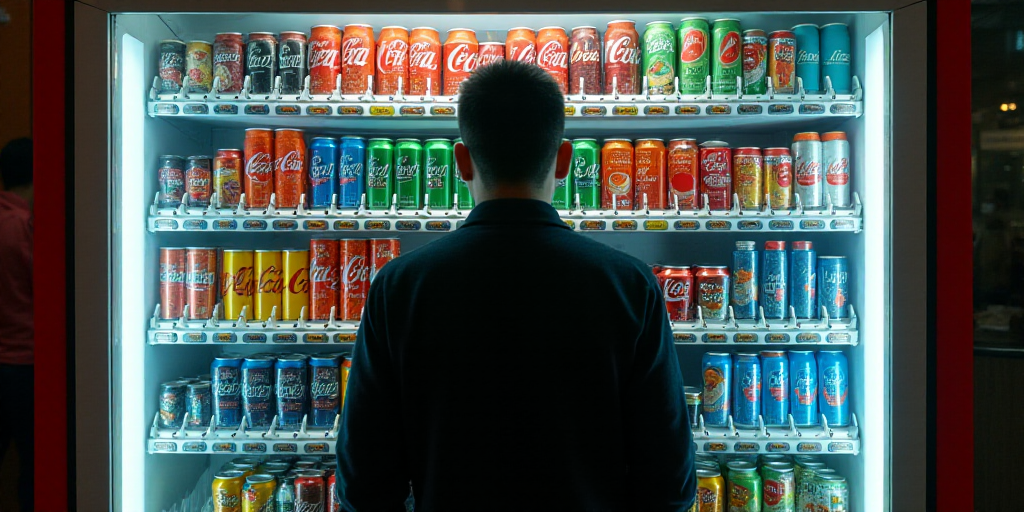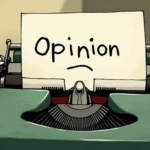Background on the Issue
Cuauhtémoc Rivera Rodríguez, the leader of the Alianza Nacional de Pequeños Comerciantes (ANPEC), has raised concerns about the proposed “health tax” on high-calorie, sugary, or flavored beverages. This tax is set to be implemented next year and is expected to impact more than 60,000 small businesses, putting approximately 120,000 jobs at risk.
Small Business Leaders’ Concerns
Following a demonstration outside the Chamber of Deputies, members of ANPEC expressed their opposition to the increase in the Excise Tax (IEPS) included in the 2026 Economic Package. They argue that the proposed tax hikes—an 87% increase on flavored beverages, a new tax on light drinks, and a 160% to 200% increase on cigarettes—will strengthen the illegal cigarette trade and force 60,000 small businesses to close due to financial strain.
Rivera Rodríguez’s Perspective
Rivera Rodríguez asserts that after 11 years of implementing similar taxes, the measure has failed as a public health policy. He claims it hasn’t reduced chronic diseases or funded programs like school water fountains or physical education.
He further criticizes the lack of transparency regarding how the funds have been spent over these 11 years, stating that without proper labeling, it’s impossible to claim the tax revenue is intended for health initiatives.
Rivera Rodríguez also points out that the tax has not decreased consumption of these products nor altered public consumption habits.
PAN Diputy’s Critique
Diputada Noemí Luna from the PAN highlighted that ANPEC members distribute over 60% of daily consumption products in the country. She criticizes the 2026 Economic Package for attempting to raise revenue under the guise of “health taxes,” as it seems the government is struggling financially and resorting to increasing public debt, which is expected to reach 20 trillion pesos.
Key Questions and Answers
- What is the proposed tax about? The government plans to implement a “health tax” on high-calorie, sugary, or flavored beverages and cigarettes.
- Who opposes this tax? Small business leaders, represented by the Alianza Nacional de Pequeños Comerciantes (ANPEC), are against this tax, arguing it will negatively impact over 120,000 jobs.
- Why are they against it? They claim the tax has failed as a public health policy, hasn’t reduced consumption of targeted products, and lacks transparency regarding fund allocation.
- What is the extent of ANPEC’s reach? ANPEC members distribute more than 60% of daily consumption products in the country, giving their opposition significant weight.
- What are the proposed tax increases? The tax on flavored beverages will increase by 87%, a new tax will be imposed on light drinks, and cigarette prices will rise by 160% to 200%.






